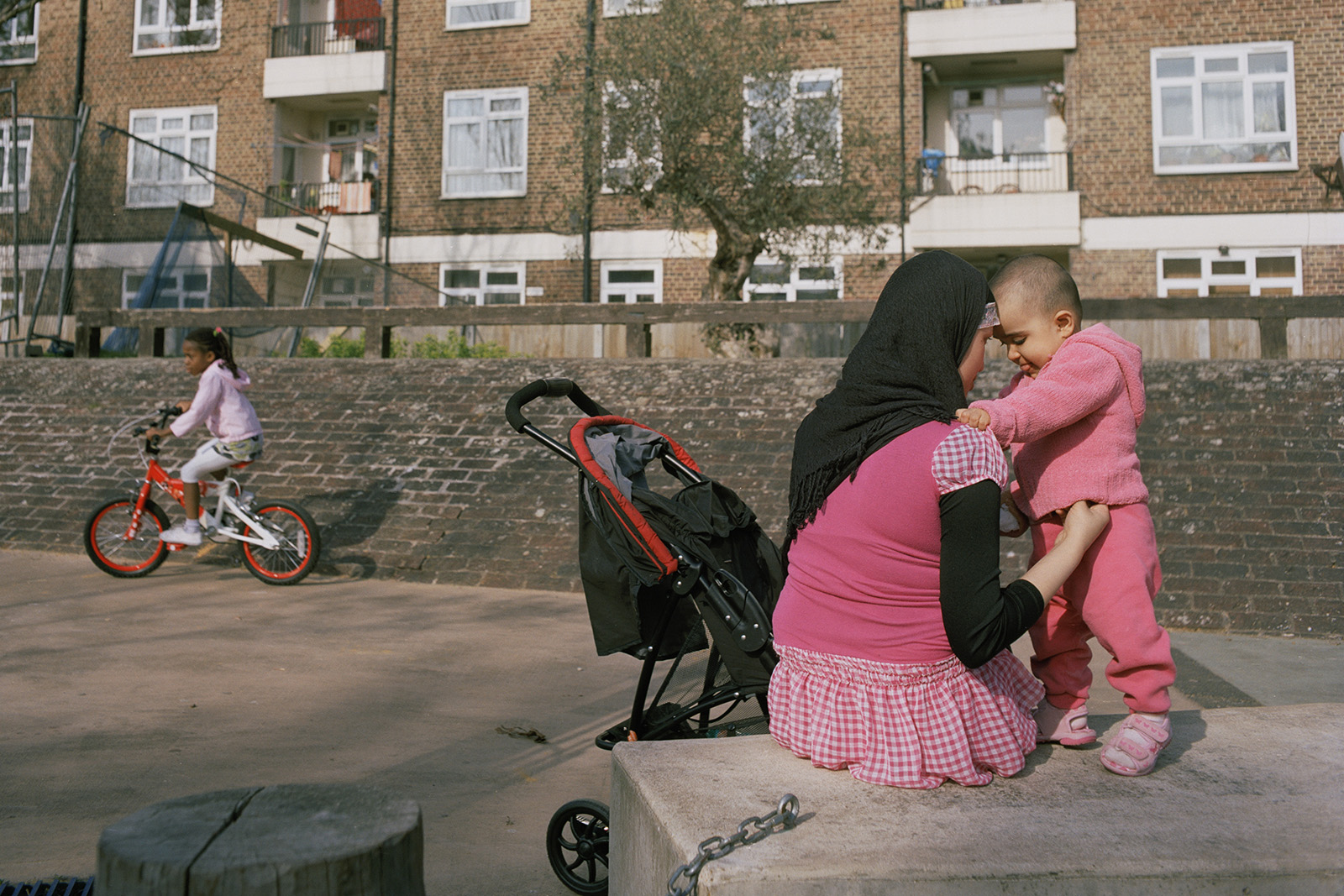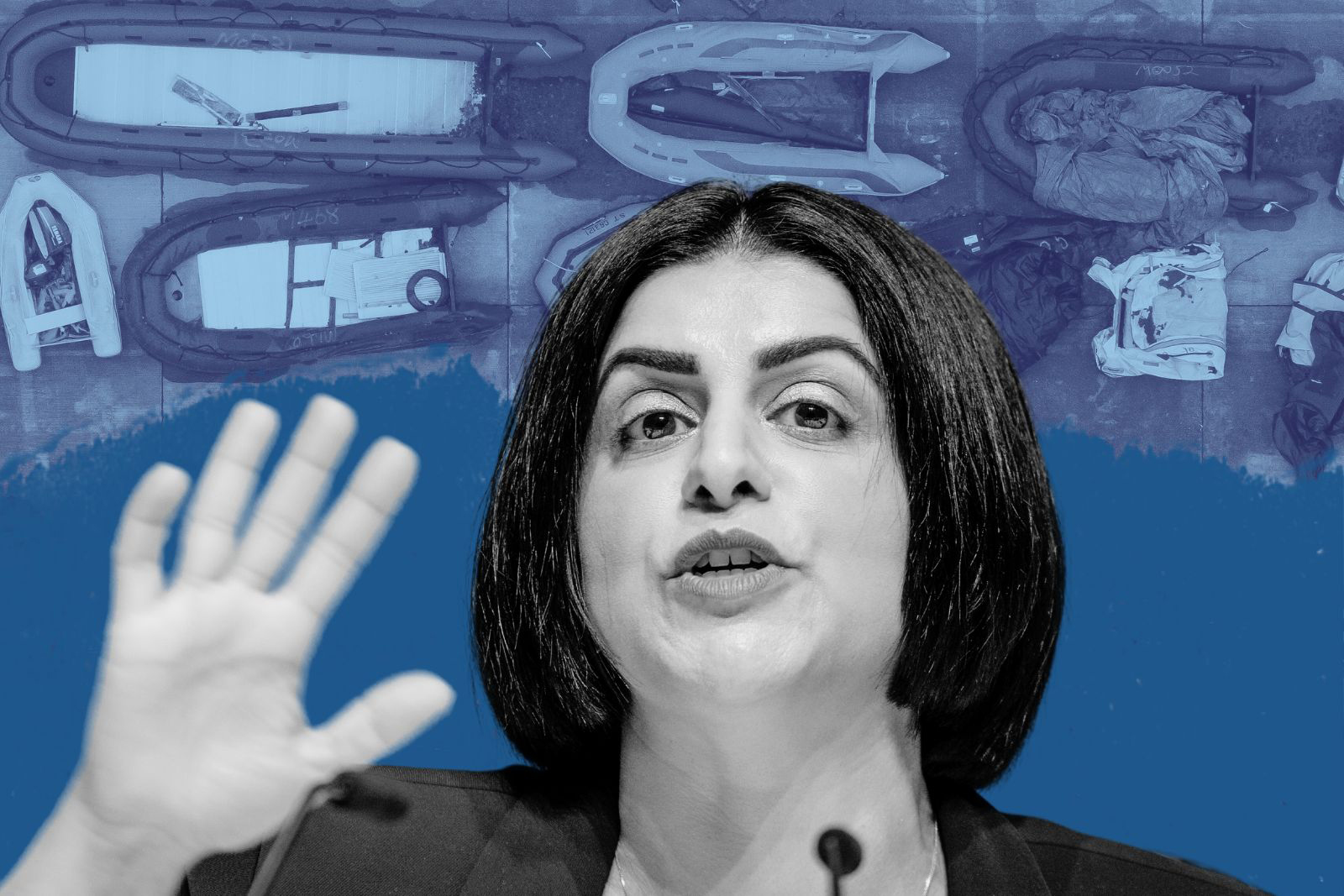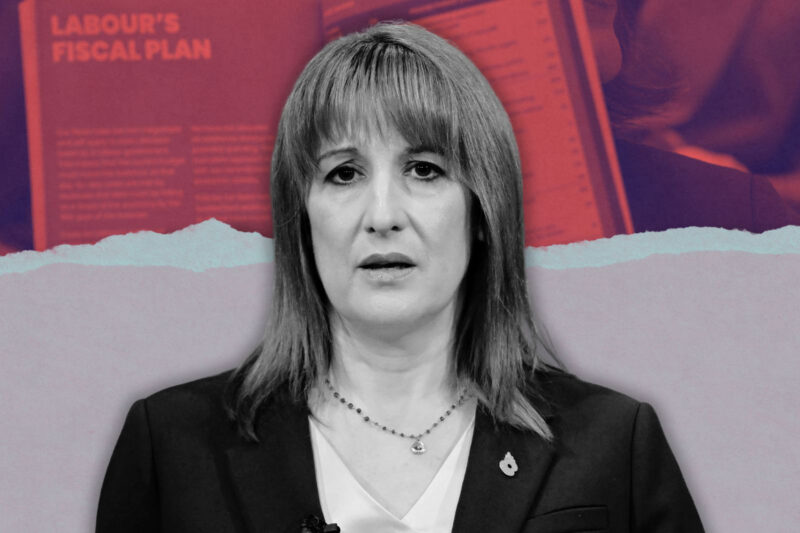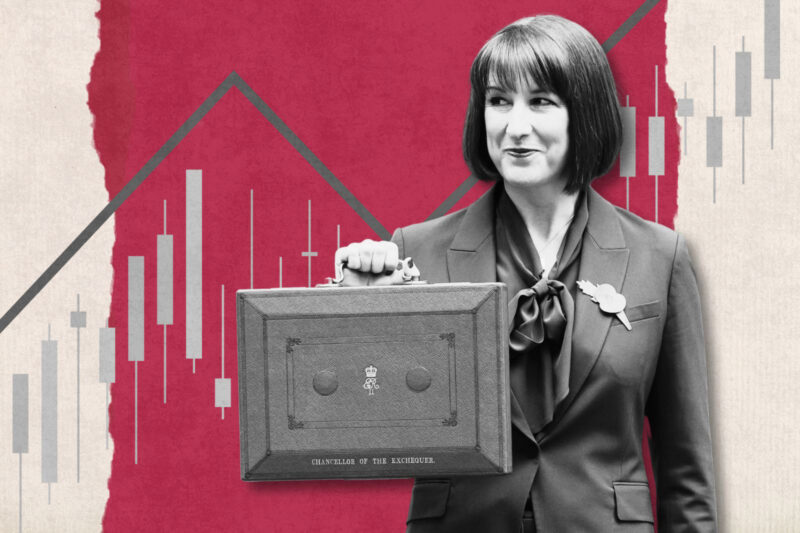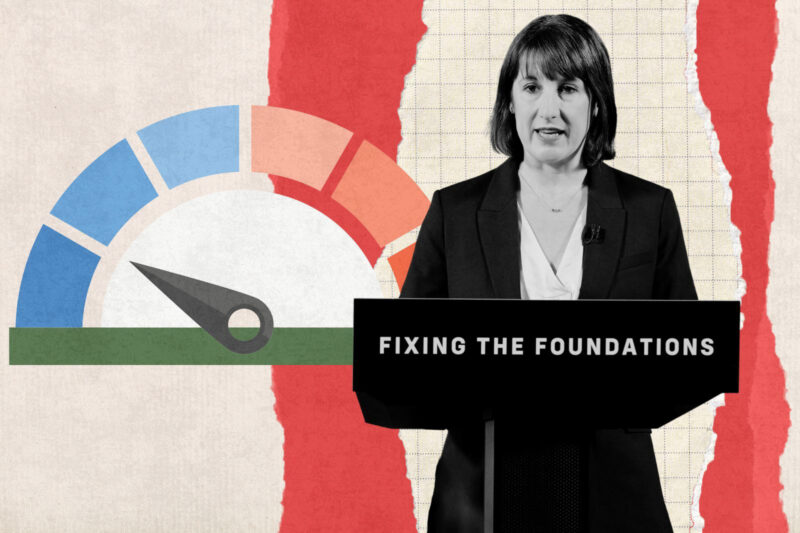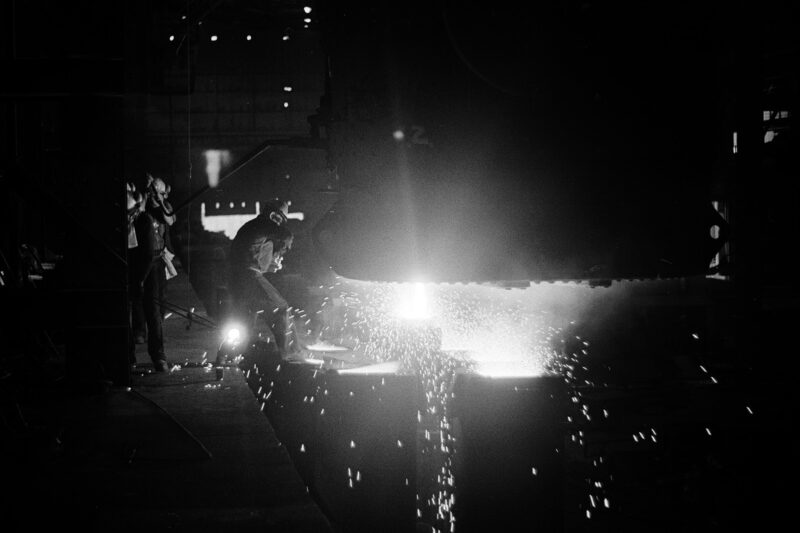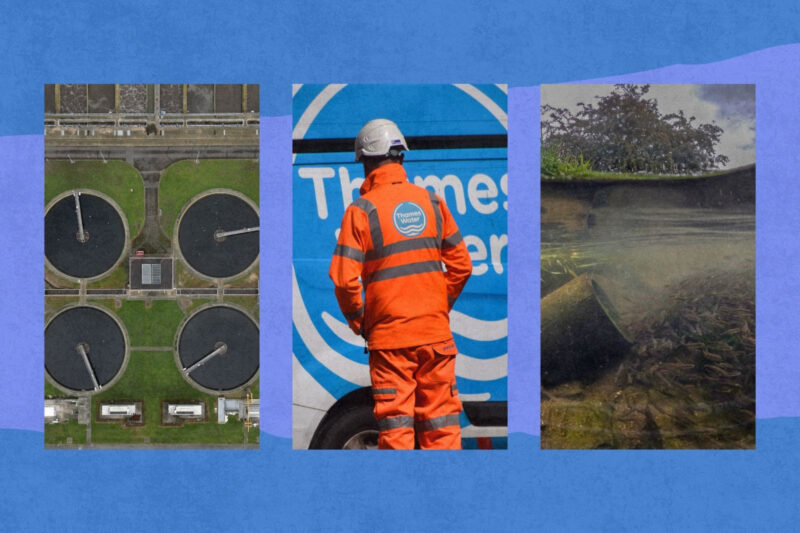Labour MPs are surprisingly happy with Reeves’s budget
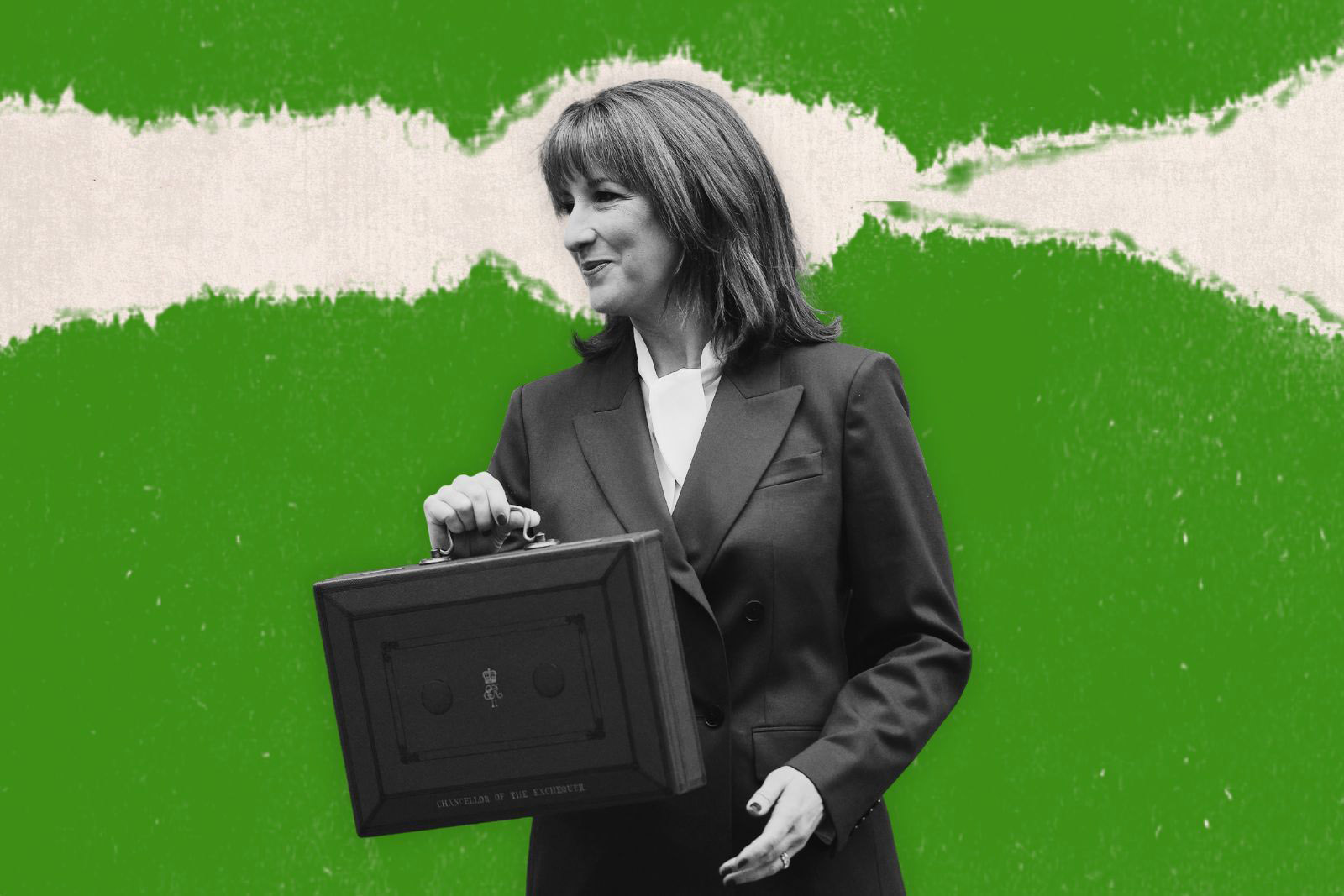
The chancellor’s second budget followed a major U-turn and a major leak. But the mood among the backbenches has softened — for now
It was a chancellor, and a government, under intense pressure. For weeks, the rumble of potential leadership challenges and warnings of a looming manifesto-pledge breach had left Westminster jittery.
Many Labour MPs had begun calling this budget “make or break”, the moment that would either stabilise a faltering administration or tip it into a full-blown crisis. On Wednesday, Rachel Reeves walked into the Commons knowing that the stakes could hardly be higher and she needed to deliver.
Yet, hours later, when I joined the chancellor as she met with a handful of nurses, she appeared strikingly upbeat. The mood in the room bore little resemblance to the scenes of febrile tension that had preceded the budget statement. Even an unprecedented leak from the Office for Budget Responsibility, landing just before she rose to speak, threatening to rattle both financial markets and messaging, had failed to puncture her optimism. She smiled, joked and projected the confidence of someone who believed she had just pulled off a political reset. Given the broadly positive reaction from Labour MPs and the calm response from the markets, it isn’t hard to see why.
At the press conference that followed on Wednesday afternoon, I asked her directly whether she felt this budget had soothed the anxieties of her own MPs. She insisted that appeasing them had never been the goal — that her focus was voters, not managing backbenchers.
But the weeks leading up to the budget tell a more complex story.
Labour’s internal pressures have been mounting. MPs had been lobbying aggressively for the abolition of the two-child benefit cap, while some in the Treasury were growing increasingly frustrated by the steady drumbeat of criticism from Labour figures.
I was even told that tensions had reached such a point that, in a recent meeting with Sadiq Khan, Reeves abruptly told the London mayor to “get out of my office” after a dispute over funding for the capital. The meeting, I’m told, ended far earlier than planned.
Her team has spent much of the last fortnight corralling MPs, selling the budget and urging calm. In a private meeting earlier this week, Reeves told Labour colleagues that they wouldn’t love every line of the package but there would be enough in it for them to like, and the overall offer would be “fair”.
In the end, the reception surpassed expectations. Even MPs on the party’s left expressed some cautious approval. Richard Burgon, one of seven MPs who lost the whip last year for voting to scrap the two-child cap — as the government has now done — told me he welcomed the U-turn, though he wished it had come sooner. When Reeves addressed Labour MPs at a private meeting last night, she arrived to applause and cheers. Her instruction to colleagues was simple: “campaign on the budget” and “win the argument every single day”.
Still, beneath the surface warmth lies a collection of difficult questions and a few hazards. One of the chancellor’s biggest risks now is that, as the dust settles, the package could look rather like a grab-bag of measures assembled under duress. A key complaint from critics of the Starmer project is that it lacks direction or vision, and for them this budget will have done little to change that.
Originally, Reeves had rolled the pitch for a breaking of the manifesto pledge not to raise taxes, only to drop that plan following unexpected upgrades in economic forecasts. Forced back to the drawing board, the Treasury ended up stitching together a broader and more eclectic set of measures than intended.
The chancellor had three audiences she needed to hold at once: voters, MPs and the markets. And while the public remains the most important, the latter two were the most delicately poised. A brief, jittery spike in gilt yields — the amount of interest the government pays on its debt — after the OBR leak hinted at how fragile the market mood was but they quickly stabilised.
Labour MPs are heading back to their constituencies this weekend knowing they will be asked by some voters why taxes are at a record high, or why more people are being pulled into higher tax bands due to the continuing freeze in thresholds. It is, by any practical measure, a manifesto breach, whatever creative language the government may deploy to soften it.
There is also unease about timing. The largest tax rises, the so-called “mansion tax” and changes to salary sacrifice pension contributions, are expected to land in 2028 and 2029 respectively — uncomfortably close to the next general election.
“It’s a step in the right direction,” one Labour MP told me. “There are some bad bits — I don’t like the threshold freeze — but I’m glad we’re helping vulnerable kids.”
More troubling for some, though, is the absence of a clear growth strategy. “It’s our number one mission, apparently,” another MP told me, “so that’s worrying.” The OBR on Wednesday downgraded its forecasts for productivity and growth for every remaining year of the parliament, a bleak verdict on the government’s long-term economic vision, and the Confederation of British Industry lobby group echoed the concern. Its chief executive, Rain Newton-Smith, warned that a “scattergun” approach to tax could leave the economy “stuck in neutral”.
The political challenge is rooted in arithmetic. The budget raises taxes on more than 1.7 million people — not only the wealthy but many ordinary workers — to fund welfare support and energy-bill relief for poorer households. The redistributive logic may be sound, but the politics become trickier when the pain arrives just before an election.
For now, though, Reeves has emerged steadier than she entered. She has calmed the markets, unified her party (at least temporarily) and delivered a budget that looks and feels unmistakably Labour. She will have a spring in her step and, in a week that could have broken them, Reeves has given herself and the government something they have desperately lacked — a little bit of breathing room.
Shehab Khan is an award-winning presenter and political correspondent for ITV News.
 Newsletter
Newsletter


